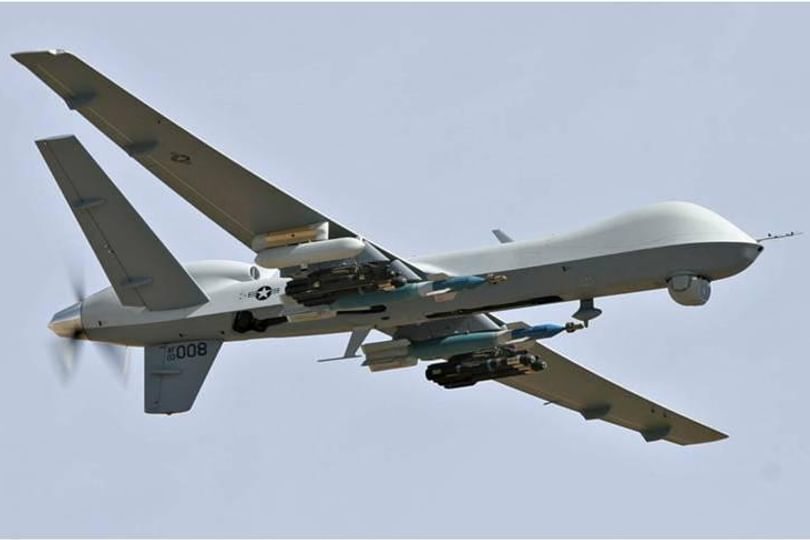
Discussion about drones has to date mostly centred around their use in military operations in the Middle East. Public opinion has been predominantly negative; however, part of the problem was that discussions about the technology itself has been difficult to disentangle from the uses of the technology – i.e. in targeted killing strikes that have raised concerns about issues of legality and military ethics.
Now drones are being taken out of the warzone, and their use is being proposed for a variety of civilian purposes. What are these uses, and should we be worried?
Amazon has recently announced that it’s looking into the use of drones for delivering products. While this has been dismissed as a publicity gimmick by some, and is unlikely to be cost-effective for some time to come, it’s not a novel idea. The US military has been using delivery drones for some time. Why? Because drones can deliver supplies into dangerous areas without endangering pilots, and travel over difficult, mountainous terrain where trucks can’t easily travel.
These are advantages that can translate across to civilian life. In many “catastrophe response” situations – for example, after a major earthquake, mounting an effective response puts human pilots and “on the ground” teams at major risk. Drones would allow us to respond more quickly and more effectively, without the prospect of losing or injuring flight teams.
Similarly, drones and robots allow us to venture into, and do valuable work, dangerous natural environments that have hitherto been off-limits to scientist – near volcanoes, in deep sea trenches, and in space. For an innovative use of drones, watch the launch of Spacex’s recent “Grasshopper” rocket – filmed by a drone. A human pilot would have been unlikely to pull off this footage. In fact, for a lot of routine purposes involving flight, drones may be able to operate a lot more cheaply and efficiently than a human-piloted vehicle.
A very plausible use of drones that carries a lot of unease is their potential use – whether by government, media, or private individuals – in surveillance. Drones are remarkable devices for watching and listening – in fact, in addition to audiovisual, some military models include gamma ray, chemical, biological and electromagnetic spectrum sensors. While responsible use of drones in this setting could do a lot to reduce crime - much as CCTV cameras have - the potential for misuse is huge and a cause for grave concern.
While Amazon has yet to receive permission to use drones for civilian purposes, the US Federal Aviation Administration (FAA) has approved their use for police and government agencies, and has issued 1,400 permits in the last seven year. Especially in the light of the recent NSA abuses, careful regulation – and above all, complete accountability and transparency – in how governments and companies are allowed to use these technologies – will be essential.
This opinion piece reflects the views of the author, and does not necessarily reflect the position of the Oxford Martin School or the University of Oxford. Any errors or omissions are those of the author.
